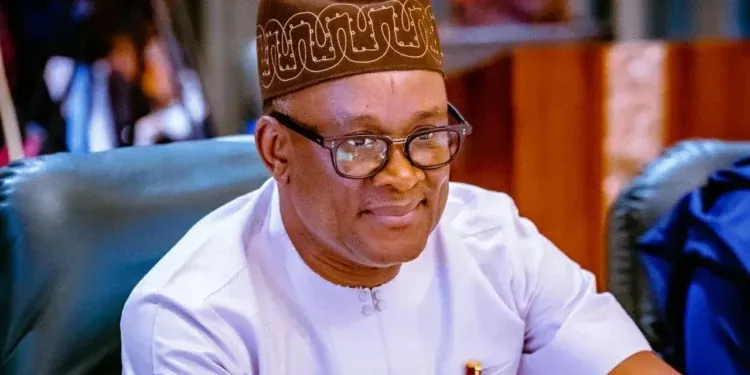Paragraph 1: Setting the Stage for Industrial Transformation through Human Capital Development
Nigeria is embarking on a transformative journey to reposition its industrial sector through a strategic focus on human capital development. The Federal Government has inaugurated a seven-member planning committee to spearhead the maiden National Industrial Manpower Development Summit. This summit signifies a decisive move towards a people-driven, skills-based, and globally competitive industrial landscape. It represents a critical juncture where government, industry, academia, and international partners will converge to reimagine Nigeria’s industrial skills architecture and chart a course for sustainable economic growth.
Paragraph 2: Aligning with the Renewed Hope Agenda and Prioritizing People as Infrastructure
The summit resonates deeply with President Bola Tinubu’s Renewed Hope Agenda, which prioritizes industrialisation as a cornerstone of national development. Central to this vision is the recognition of people as the most valuable infrastructure of any nation. This underscores the government’s commitment to investing significantly in skills acquisition, vocational training, and workforce modernization across all geo-economic zones. The emphasis on human capital underscores the belief that a skilled and adaptable workforce is essential for driving industrial growth and achieving economic diversification.
Paragraph 3: Navigating Economic Transition and Embracing Industrialization for Sustainable Growth
Nigeria finds itself at a crucial point in its economic transition, recognizing the urgent need to diversify its economy and reduce its dependence on oil. The industrial sector emerges as a pivotal pillar for sustainable growth, but its success hinges on the development of a skilled, adaptable, and innovative workforce. The summit serves as a platform to assess the current manpower landscape, identify and bridge skill gaps, foster collaboration among stakeholders, and promote technological innovation. These efforts are designed to equip the workforce with the necessary capabilities to drive industrial expansion and support broader economic diversification.
Paragraph 4: Defining the Summit’s Objectives and Expected Outcomes
The National Industrial Manpower Development Summit aims to achieve several key objectives: conducting a comprehensive assessment of the existing manpower landscape, identifying critical skill gaps in relation to industry needs, fostering collaboration among government, industry, academia, and international partners, promoting technological innovation within the industrial sector, and developing a roadmap for sustainable human capital development. The summit is expected to generate actionable strategies, frameworks, and partnerships to ensure that Nigeria’s workforce is equipped for the demands of a rapidly evolving industrial landscape.
Paragraph 5: Unveiling the Committee’s Responsibilities and Collaborative Efforts
The seven-member planning committee has been tasked with several crucial responsibilities: designing a comprehensive and impactful summit agenda, coordinating stakeholder input to ensure broad representation and inclusivity, mobilizing resources to support the summit’s activities, managing logistics to ensure a seamless event, and crucially, overseeing the post-summit implementation of the agreed-upon outcomes. Their collective expertise and collaborative efforts will be instrumental in shaping the direction of Nigeria’s industrial workforce development.
Paragraph 6: Synergies with Existing Initiatives and Reinforcing Commitment to Human Capital Development
The summit aligns perfectly with ongoing initiatives like the Industrial Training Fund’s (ITF) SUPA (Skill-Up Artisans) program, which aims to retrain Nigerian artisans to meet global standards. This synergy underscores President Tinubu’s mandate to enhance the competency of Nigerian artisans and aligns with the broader vision of economic diversification and sustainable development. The ITF’s commitment and the collaborative efforts of all stakeholders will be crucial in realizing the full potential of the summit and ensuring its long-term impact on Nigeria’s industrial transformation.














